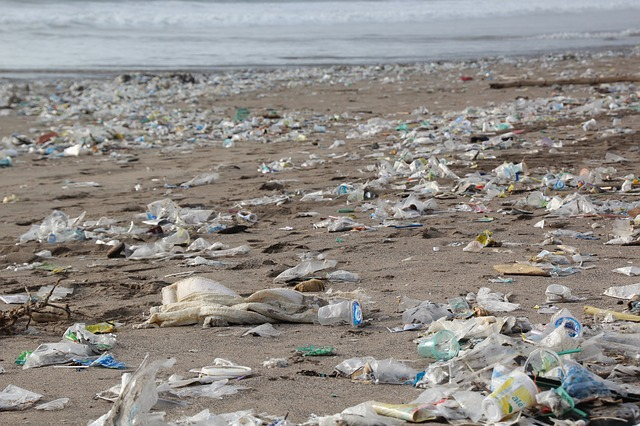
A new study, conducted by a team of Chinese researchers, has found that tiny plastic particles are polluting even the deepest areas of oceans. Researchers who took part in the study revealed that the major cause of this pollution microplastics that includes plastic beads, fibre and fragments that are less than .2 inches.
As per the research report published in the journal Geochemical Perspectives, more than 2,000 microplastic pieces are floating in a quarter gallon of water at the Challenger Deep, one of the deepest points in the Mariana Trench, Pacific Ocean.
"Manmade plastics have contaminated the most remote and deepest places on the planet. The hadal zone is likely one of the largest sinks for microplastic debris on Earth, with unknown but potentially damaging impacts on this fragile ecosystem," wrote the researchers in the study report.
Researchers speculated that the industrial wastes from countries like Japan and China may have contributed to the increased amount of microplastic wastes deposited in the depths of the ocean. The study report also added that the increased seismic activities in and around the area might have caused sediments to reach down the trench.
Further analysis also revealed that that most of these microplastic wastes are from clothing, bottles, packaging and fishing gear. In the sediments discovered, common plastics were found in abundance, while polyethylene terephthalate was found in sample water.
It should be noted that microplastics are known for negatively impacting the marine life which is already being damaged due to various factors like fishing and adverse climate change.
A recent report published in National Geographic revealed that more than 50 percent of plastic ever produced in history was made in the 21st century. However, only 20 percent of this total production has been recycled, and it clearly indicates that the remaining 80 percent is still laying intact on the planet without being decomposed.









